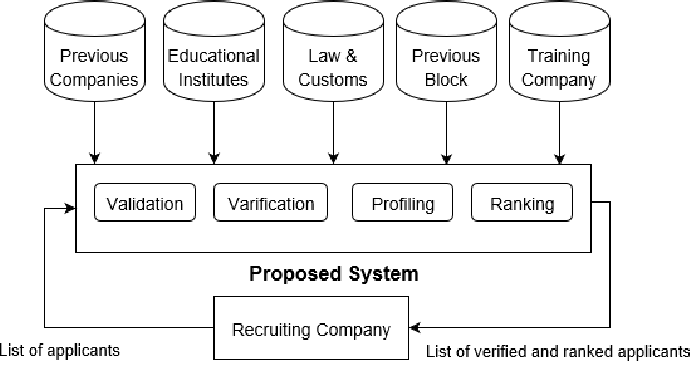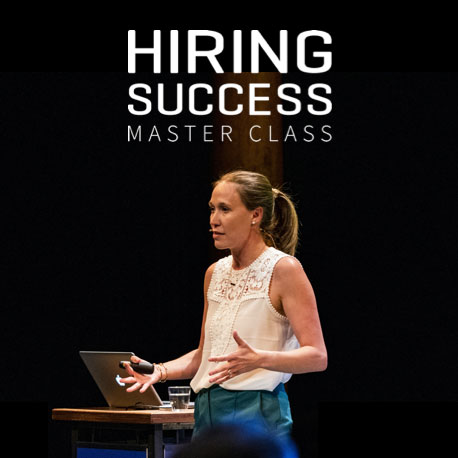 In March of 2021, Christie’s, the centuries-old fine arts dealer, became the first major auction house to sell a completely digital blockchain-based artwork. The price tag?
In March of 2021, Christie’s, the centuries-old fine arts dealer, became the first major auction house to sell a completely digital blockchain-based artwork. The price tag?
A cool $69 million dollars, or close to the record price paid at auction for a work by a contemporary artist.
The artwork in question, ‘Everydays: The First 5000 Days’ by Mike Winkelmann also known as Beeple, was ‘minted’ on the blockchain as a digital asset in the form of an NFT or ‘non-fungible token’ wherein a unique token represents ownership of the asset.
If we can get beyond the sticker shock of this story, we can recognize a familiar conceit in the NFT’s function: imbue an abstract concept like ‘ownership’ with authenticity.
We normally see this done through notarized contracts, and now we’re seeing blockchain authenticated tokens fundamentally utilized to achieve the same end result, only through a much more technologically sophisticated (and secure) means of verification.
That’s not to say that this deal is insignificant, securely fixing and owning intangible assets is an accomplishment many industries would like to claim. Talent Acquisition has more than one area where the blockchain could be groundbreaking, from resumes to reference checking and beyond.
In fact, one of the most surprising aspects of this story (to me) was that the industry making waves in blockchain applications is the art world at all. If you’d asked me two years ago I would have guessed recruiting would have been among the initial wave of early adopters, given the manifold applications of blockchain in recruiting. Of course, progress hasn’t just been slow – it’s been virtually non-existent.
The real question is why.
We’re going to look at some of the reasons blockchain recruiting hasn’t really seen a lot of market demand or momentum (yet) – and believe it or not, the pandemic had nothing to do with it – but first, let’s start with the small stuff.
Like, WTF is “the blockchain” to begin with? Well, we’re glad you asked.
The Basics of Blockchain Recruiting

The blockchain is a decentralized ledger system, where transactions are immutably and securely recorded. Information is added to the transaction chain in what is known as a ‘block’ containing a unique hash-code that relates the block behind it. Transactions are verified by a consensus of the nodes within the network.
A ‘node’ is any computer, device or server that has a full history of that particular blockchain.
Got it? Yeah, we know it’s not the simplest concept in the world, but this might help, if you’re a visual learner or just having trouble understanding the concept of, you know, decentralized ledgers and stuff.
Why Should Talent Leaders Care About Blockchain Recruiting?
The blockchain is widely known in relation to cryptocurrencies like Bitcoin or Ethereum (there are literally hundreds of others out there) but can be applied to other transactions, too. These include use cases like tracking ownership, copyrights, patents, logistic, and much more.
In recruiting, there are many possibilities to implement blockchain, but the biggest potentials for adoption in talent acquisition seem to rest squarely at the potential of this technology to not only ensure data security and personal privacy, but to ensure that employee and candidate information are both protected and immutable.
With the growing focus on personally identifiable information (PII) and information security in businesses in general, but within enterprise software in particular, there are a few obvious applications of blockchain within talent acquisition. These include:
- Resumes, Profiles & Candidate References: Most recruiters realize resumes often rest somewhere between historic and hyperbolic; with blockchain, however, the use of inflated or falsified resumes and employment applications could be easily curbed by creating a separate, secure record that’s decentralized from the main recruitment system of record by requiring information to be digitally registered and verified; ditto ensuring those sometimes shady professional or third party references many employers require are, in fact, documented and properly credentialed.
- Background Checks: Similarly, the blockchain can easily be applied to verifying other background check staples like education history, professional licenses or credentials, and even eligibility to work legally within any given market. A distributed ledger which can be easily shared but never altered seems like an ideal choice for global or fully remote employers whose systems might be centralized, but whose workforce is anything but.
- could be used to verify information like education, professional licenses, and identity. This will be especially helpful in a remote work setting where talent is global.
- Contract Management: From personal services agreements to agency contracts, the blockchain can be used to reduce admin work, build trust and verify compliance with any contract terms, including deadlines and deliverables, within a single chain. Since blockchain records can also have payment systems built in, this seems like a great potential fit for contract and contingency workers, providing full and frictionless payment while ensuring their adherence and accountability to any performance or outcome based terms specified in their original contract.
- Data Handling: TA and HR often act as an enterprise data hub, handling huge amounts of personally identifiable information and proprietary records across various systems and solutions. While most of these enterprise systems are fairly secure, the potential for an external breach, internal negligence or misappropriation is always there. The blockchain removes these security risks and ensures compliance through the additional data protections this technology inherently provides.

Blockchain Recruiting: Future or Fad?
Back in 2019, TA and blockchain were the ones to watch. It would be nice to blame the ensuing fizzle on the pandemic alone, but it’s not the whole story. CB Insights’ 2020 Blockchain report found that even in 2019 investments in enterprise applications of blockchain were dwarfed by crypto investments. On top of that, a single deal accounts for almost half the $432 million enterprise investment in 2019 when ripple raised $200 million for their series c.
The same report attributes the slow progress of blockchain at the enterprise level to a lack of “social coordination” citing Bloomberg columnist, Matt Levine who commented:
“The problem is a social, coordination problem: You gotta get everyone to agree to use one system, blockchain or otherwise… Why just go to the blockchain meeting when you can build your own blockchain? But if everyone does that then it won’t work.”
We might add to that point that if a company builds their own blockchain, it would actually be hard to call it ‘blockchain’ as the nodes would not be distributed through different networks so it would be more of an expensive encrypted database than a distributed ledger.
Overall, the barriers to implementing blockchain are the same we hear about any new tech from incompatible legacy systems and budget concerns to skills deficits and lack of time.
There are, however, a few inherent capability gaps or barriers to adoption of blockchain that have people asking some pretty basic – and perfectly reasonable – questions.
- Is blockchain truly scalable? Blockchain systems tend to run slower when transaction requests are high.
- What if false information is entered? We have to account for human error or fraud at input points. Fraud may be easier to detect in the case of currency, but when we get into employment records or skills verification it seems a little trickier.
On top of that, there are broader questions about the energy costs of the blockchain and whether to build a company-specific blockchain or simply use vendors who are built around the blockchain itself.
Will Blockchain Recruiting Change Talent Acquisition?
So where does all this leave us? At this point, we are in a bit of a ‘fax machine conundrum’, where we have a technology that could be super useful if a critical mass of adoption is reached. But it’s also really complicated and really expensive in a world full of easier to understand, and much more tangible, technological alternatives.

Many established and emerging HCM and recruiting technology players have experimented with blockchain-backed verifications and direct recruiting, with mixed results – yet even with the backing of some of the biggest ERPs in the business, these forays into blockchain have yet to move from the TA margins to the recruiting mainstream.
Obviously, since blockchain is being applied to records like professional credentials or work verification, the question of trust becomes critical as vendors – and employers – must choose whether or not to accept these blockchain based records.
These difficulties in inter-company alignment make us wonder if this is a charge that has to be led on the candidate side. Hear us out, we’re not trying to shrug off responsibility, but we have to look at who has the motivation here.
Right now about 36% of adults in the US are gig workers (either as primary or secondary employment), a number that is projected to grow to 52% by 2023, It’s reasonable to assume, that the more mainstream contract/freelance/gig work becomes, the more essential owning one’s own work history would be.
Individuals could use blockchain-backed vendors to verify professional licenses, work history, education, and other credentials. This would be especially handy for contract workers who need to establish trust and don’t want to be chasing down clients all the time for references.
In addition, workers would know what’s in their files and would not have to depend on HR teams for accuracy. It does seem blockchain on the candidate side is easier to implement (and with more immediate benefits). Businesses could even drive this change with incentives like fast-tracking blockchain-backed resumes or extending offers during onsite interviews, since their background check and references would have already been captured, verified and accepted as part of their hiring process. Which would be pretty cool, if you think about it.
Ultimately, blockchain might not quite live up to the hype – and in recruiting, many questions about its viability and scalability remain – but based on its potential to transform talent acquisition and enhance TA technologies, there seems to be little doubt that it will someday be an integral part of the talent acquisition process. The real question isn’t “if.” It’s “when.”
Which means that there’s no better time than today to start preparing for the talent technologies of tomorrow.

 Enroll in the Master Class & earn 6 SHRM credits
Enroll in the Master Class & earn 6 SHRM credits